ACNE TREATMENT
ACNE TREATMENT
Acne is a common skin condition that affects many teenagers and adults alike, often impacting self-esteem and confidence. It occurs when sebaceous glands produce excess oil, leading to clogged pores and the growth of bacteria. Various factors, including hormonal changes and genetics, contribute to this condition.
What is hormonal acne?
Hormonal acne is triggered by fluctuations in hormone levels, often affecting women during their menstrual cycles. Conditions like polycystic ovary syndrome (PCOS) can exacerbate this type of acne, leading to deep, cystic lesions on the lower face and jawline.
How to identify Hormonal Acne?
- Location: lower face, jawline, and chin
- Type of Lesions: deep, cystic and painful
- Pre-menstrual flare ups
Reasons for Acne
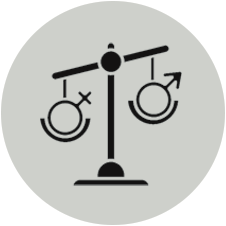
Hormonal changes
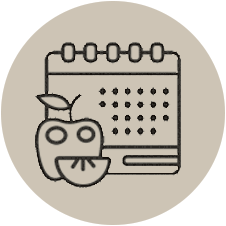
Diet
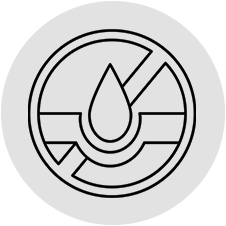
Comedogenic products.
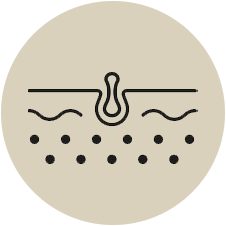
Excess Sebum Production
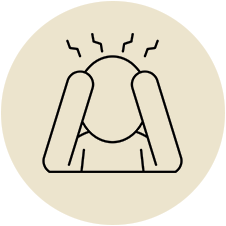
Stress
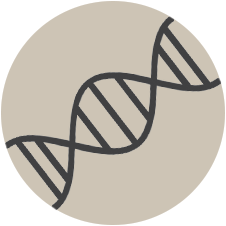
Genetics
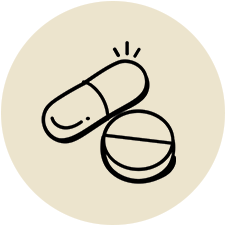
Medications
Why choose Skinmatics for Acne Treatment
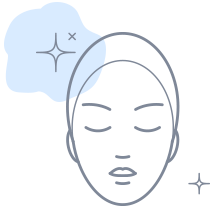
Patient tailored Approach
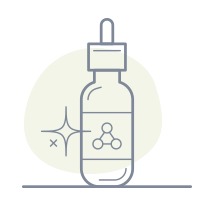
Safe and Effective Treatments
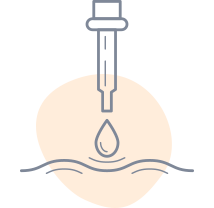
Expert Team of Dermotologists
Personalised After Care
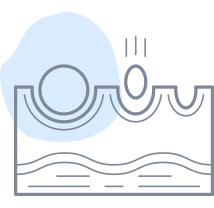
Holistic Care
ACNE TREATMENTS AVAILABLE AT SKINMATICS
- Topical & Oral Medications
- Chemical peels: This treatment involves applying a solution containing salicylic acid, that penetrates deep into the pores. It helps exfoliate the skin, unclog pores, reduce inflammation, and prevent future breakouts.
- Comedone extraction: This procedure involves the manual extraction of comedones (clogged pores) by a dermatologists.
- Gold toning: This treatment uses a laser device operating at a wavelength of 532nm, specifically designed to reduce inflammation, improve skin tone, and minimize the appearance of redness associated with acne.
- Intralesional Injections
Pre-procedure
- Consultation
- Schedule a detailed consultation at [Your Clinic Name] to assess your skin type and acne severity
- Discuss medical history, current medications, and any previous treatments.
- Skin Preparation
- Avoid sun exposure and tanning for at least two weeks prior to treatment.
- Discontinue the use of certain products, such as retinoids or exfoliating agents, as advised by your dermatologist.
- Patch Test
- A patch test may be conducted to ensure your skin reacts positively to the treatments.
During procedure
- Chemical Peel
- The skin is thoroughly cleansed to remove impurities.
- A chemical solution (such as glycolic acid or salicylic acid) is applied to the skin to exfoliate and promote cell turnover.
- The peel is left on for a specified duration, depending on the type and strength, before being neutralized and removed.
- Gold Toning
- After the peel, a gold toning treatment is performed.
- The skin is prepared with a cooling gel, and the gold toning device is used to deliver low-level energy to the skin.
- This treatment helps to reduce inflammation, improve skin texture, and promote a radiant complexion.
Post procedure
- Immediate Care
- Expect mild redness or swelling, which is normal and should subside quickly.
- Apply a soothing cream or gel as recommended by your dermatologist.
- Skin Care Routine
- Use gentle cleansers and avoid harsh products for several days.
- Incorporate a broad-spectrum sunscreen into your daily routine to protect healing skin from UV exposure.
- Moisturization
- Keep the skin well-hydrated with a gentle moisturizer to promote healing.
- Follow-Up
- Schedule a follow-up appointment to assess progress and discuss additional treatments if needed.
- Your dermatologist may recommend a maintenance plan to keep acne under control.
Before & After
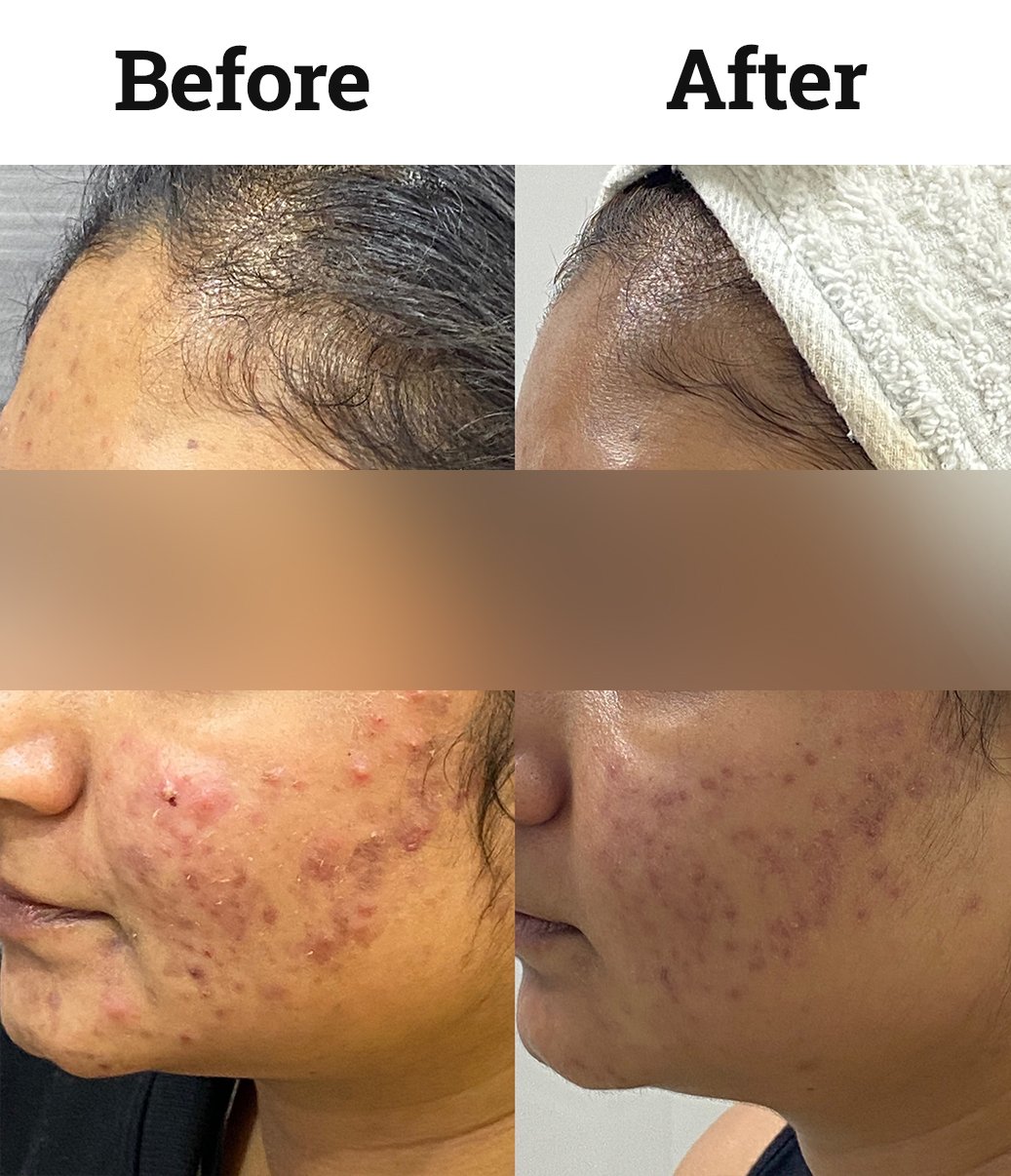
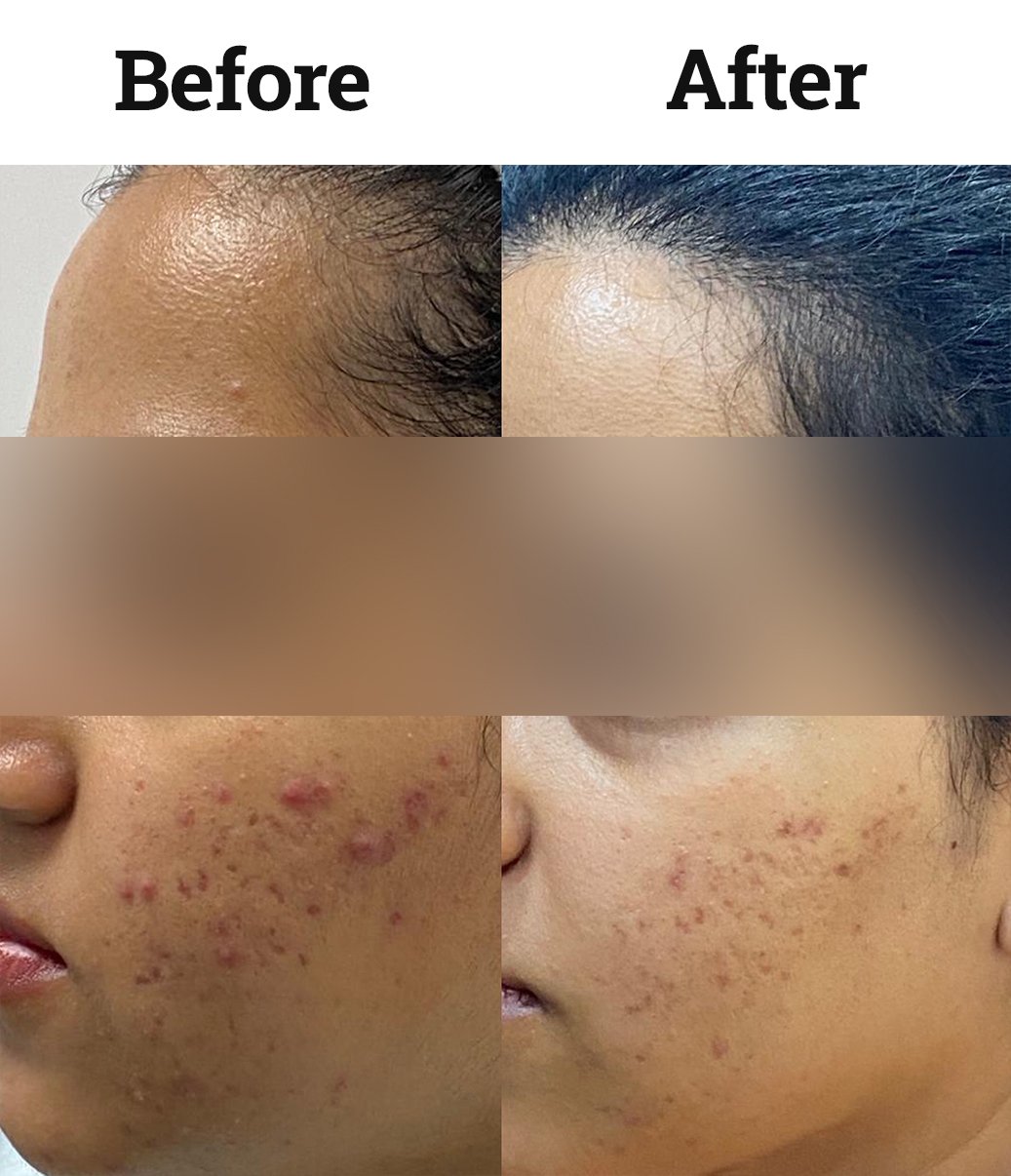
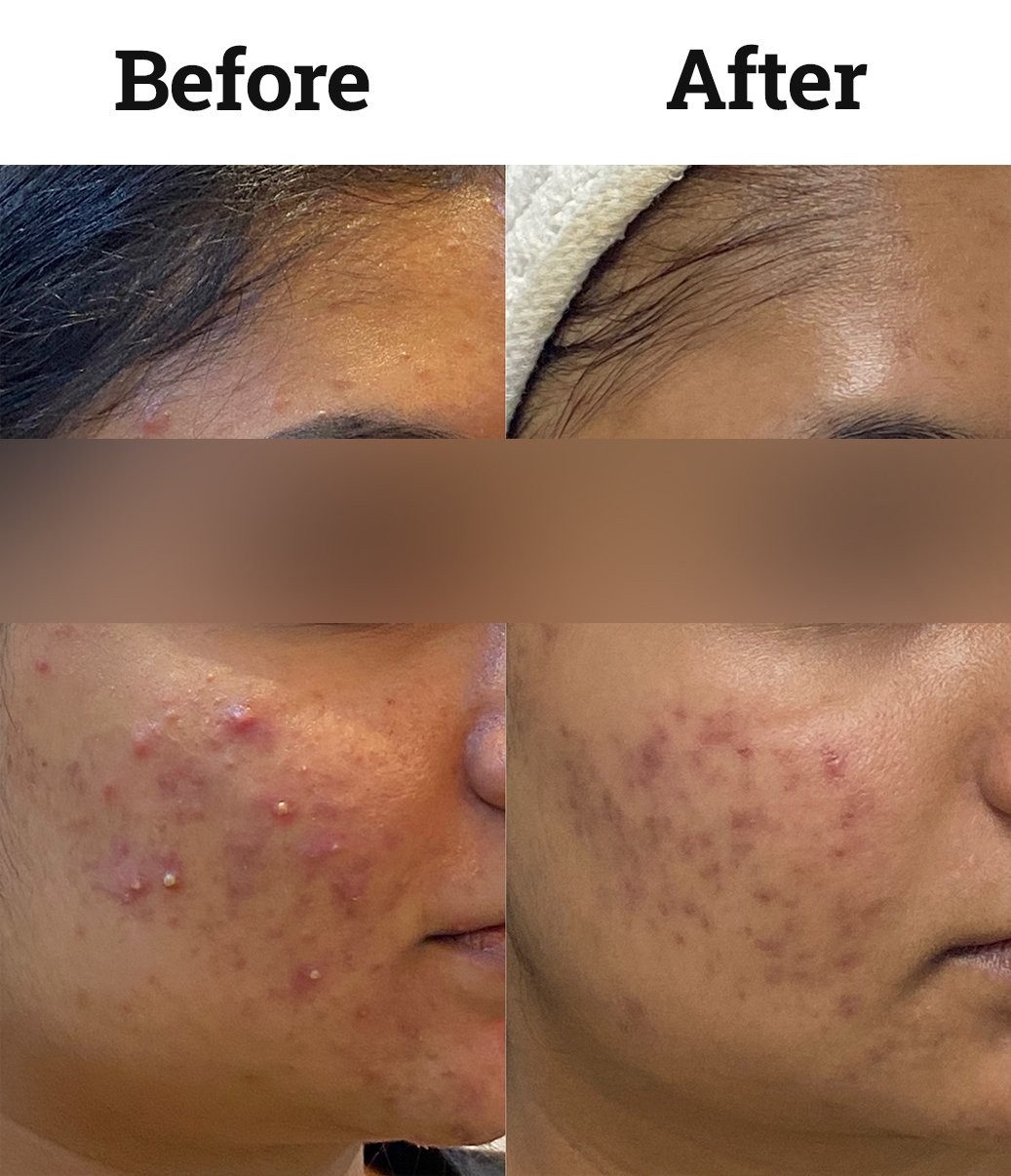
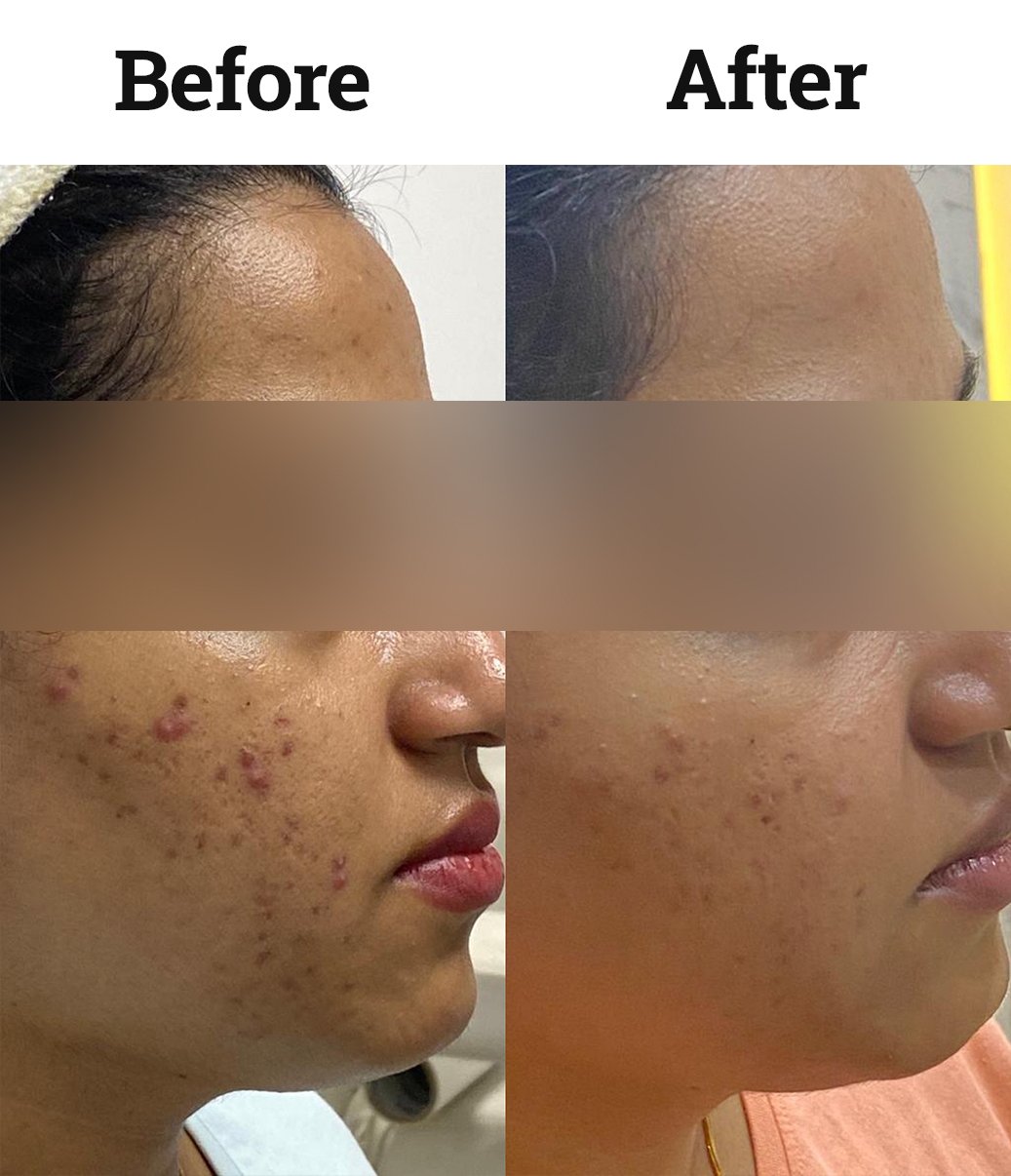
VIDEO REVIEWS
FAQ's
How can I prevent acne?
To prevent acne, maintain a consistent skincare routine, avoid touching your face, use non-comedogenic products, and manage stress levels. A balanced diet may also help.
What is the best treatment for acne?
The best treatment varies by individual. Common options include topical treatments (like benzoyl peroxide or salicylic acid), oral medications, chemical peels, and laser therapies. Consulting a dermatologist is recommended.
Is hormonal acne different from regular acne?
Yes, hormonal acne is specifically triggered by hormonal fluctuations, often affecting women during their menstrual cycles, and typically appears as deep cysts around the jawline.
Can diet affect acne?
Yes, certain foods, particularly high-glycemic foods and dairy, can trigger or worsen acne in some individuals. Maintaining a balanced diet may help manage breakouts.
How long does it take for acne treatments to work?
Results vary by treatment and individual; some treatments may show improvement in a few weeks, while others might take several months to be fully effective.
Will acne leave scars?
If left untreated or if the acne is severe, it can lead to scarring. Proper treatment and care can minimize the risk of scars.
Is it safe to pop acne?
Popping acne is not recommended, as it can lead to infection, scarring, and inflammation. Professional extraction is a safer option.

1st Floor, Above Jockey Showroom, Byreshwara Layout, Hennur Bande, Hrbr Layout Bangalore, Karnataka-560043

